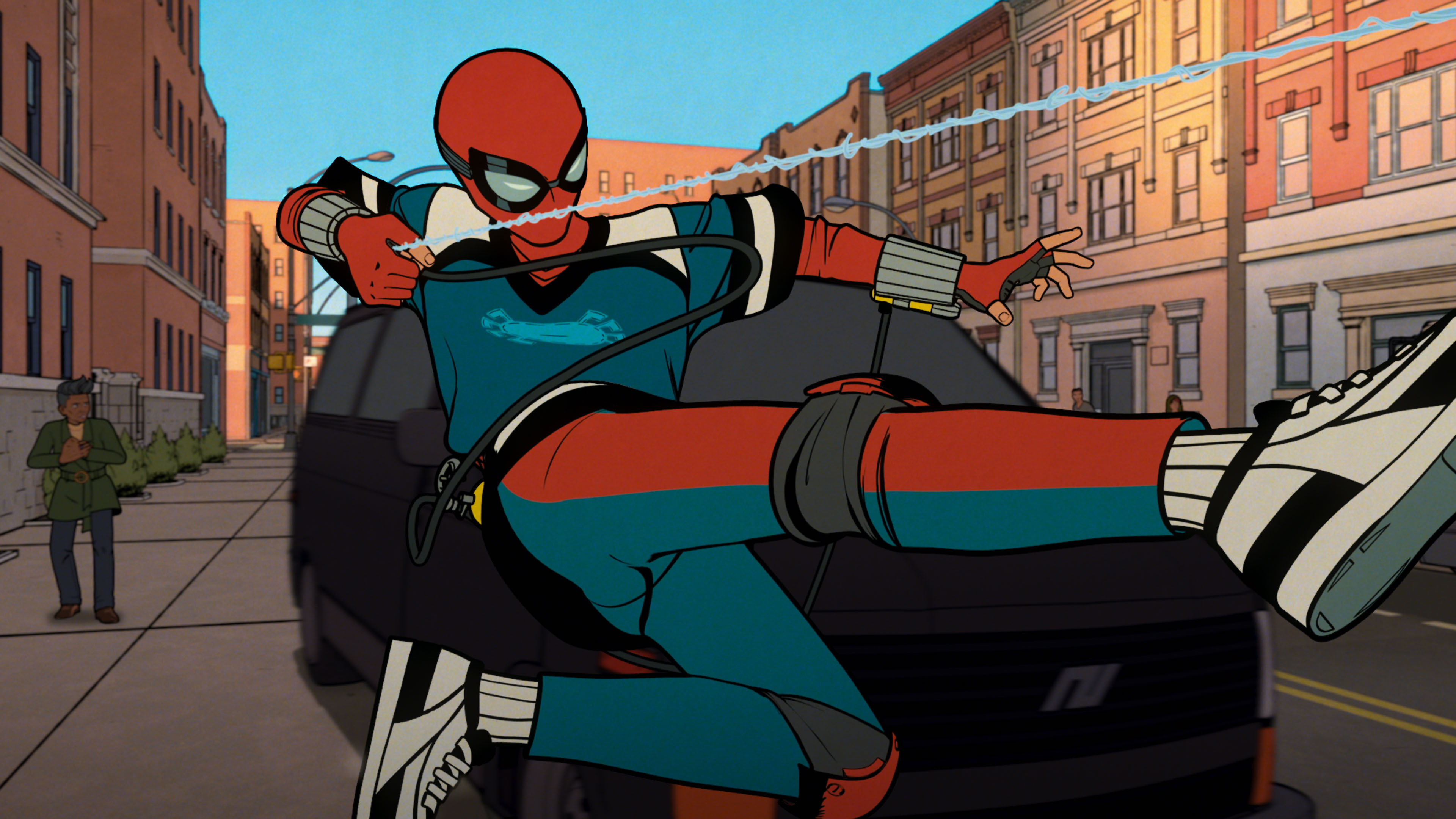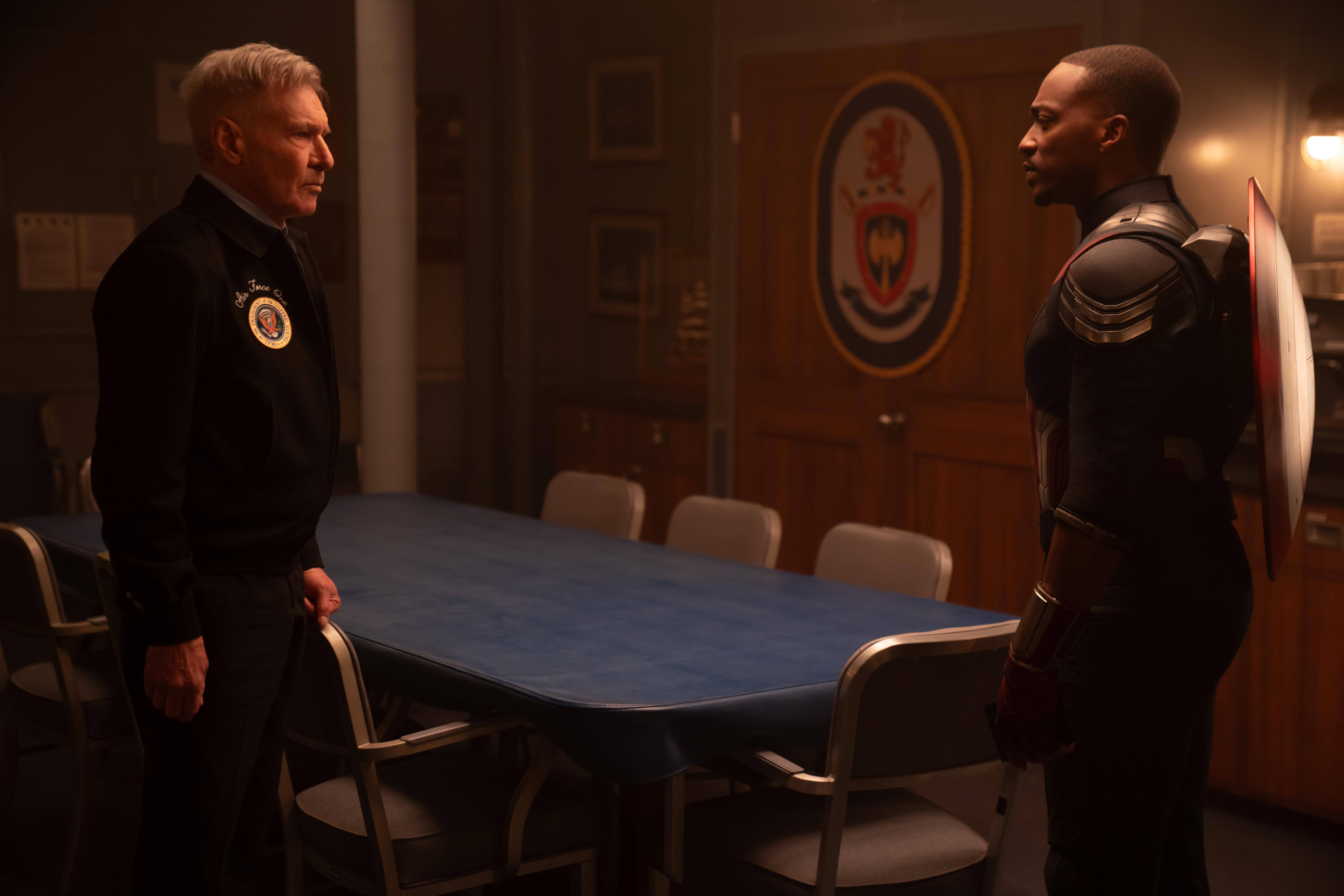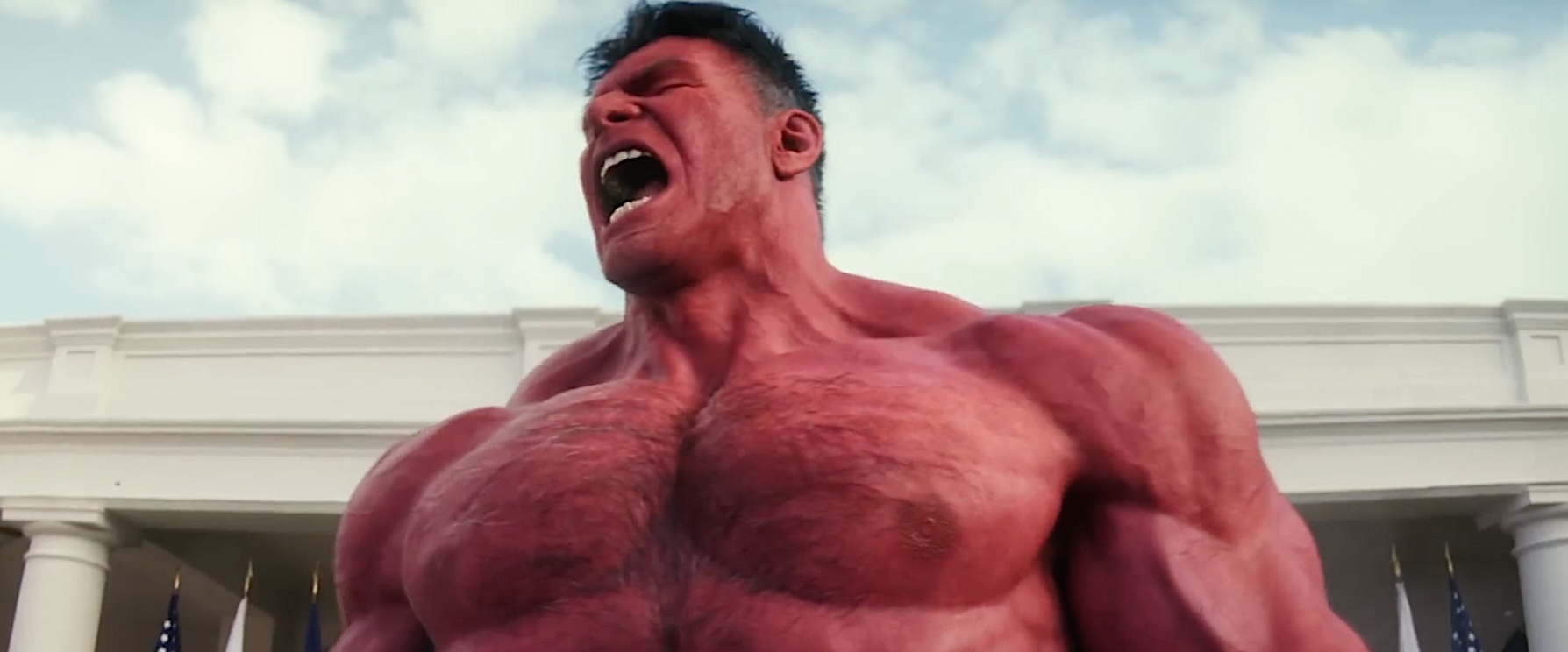We’ve finally learned which of the Pickwick triplets did it — well, we’ve finally learned who killed egotistical actor Ben Glenroy (Paul Rudd) on this season of Only Murders in the Building.
[Ed. note: This post contains major spoilers for Only Murders in the Building season 3]
:no_upscale()/cdn.vox-cdn.com/uploads/chorus_asset/file/24977585/omitb_308_ph_07809r_3k.jpg)
Turns out the person who poisoned Ben and the person who pushed Ben down the elevator shaft were, in fact, different people. It was mother-son duo, Donna (Linda Emond) and Cliff DeMeo (Wesley Taylor), the producers of Oliver’s Broadway show, who respectively committed the deeds.
(As for the Pickwick triplets mystery within the play, it was the detective character, aka the role Ben Glenroy was hired to play — gasp!)
The murder is solved, but this season’s mystery and reveal felt a little flat, especially compared to Only Murders seasons past. Considering the whole “mother covering for her son” reveal already played out in the previous two episodes, the big twist became pretty obvious early on in the finale. Blame it on foreshadowing that was a little too successful, which made the rest of the episode feel like it was prolonging the inevitable. Compared to last season’s cleverly staged sting and the first season’s bait-and-switch, the central mystery was underwhelming.
:no_upscale()/cdn.vox-cdn.com/uploads/chorus_asset/file/24977587/omitb_310_ph_10861r_3k.jpg)
This season of Only Murders in the Building was actually pretty light on all things murders and buildings, the central hallmarks that built up the first two seasons. Previously, the show dove deep into the mysteries of the Arconia and unraveled not just the first episode murder, but also past deaths that haunted the main characters. But season 3 only really had one murder to solve (albeit, Ben Glenroy did “die” twice), and much of the action took place far away from the Arconia itself. In fact, the titular in-show podcast was barely featured, and the whole true crime of it all was fairly light.
But, make no mistake. Only Murders may have pivoted from its foundation, and the mystery may’ve been the least satisfying one yet, but this season was still perhaps the most fun the show has ever been.
This season leaned hard into the show business of it all. There was no reason for Death Rattle: The Musical to go as hard as it did, and it gave Steve Martin, Martin Short, Meryl Streep, and the rest of the cast a chance to fully ignite their musical theater chops. The evolution of Charles’ patter song from a debilitating embarrassment to a magnificent performance (that was also this season’s best detective work moment) was triumphant and satisfying. Every song is an earworm, with La La Land music scribes Benj Pasek and Justin Paul delivering banger after banger, fully committing to the show’s theater kid energy.
:no_upscale()/cdn.vox-cdn.com/uploads/chorus_asset/file/24977602/omitb_310_ph_06159r_3k.jpg)
Only Murders has always leaned on the metatextual, with in-universe fans of the show chiming in with theories and the main trio referring to “last season” when discussing their podcast. That takes on another level in season three, where the sidelining of the main murder mystery is, in fact, central to the character’s arcs. Oliver and Charles are more focused on salvaging their show and careers than solving a murder, while Mabel is unmoored and desperately trying to figure out where she belongs. Unlike last season, where a lot of their inner turmoil came from secrets from their pasts, this season’s tension comes from the main trio’s different goals. This means they’re interacting more, even if a lot of those interactions are arguments.
All of it is delicious, and all three actors get a chance to really shine. Gomez holds her own among the comedy legends, and Martin has more to do this season than grapple with his loneliness (once again, the Pickwick triplets arc was perfection). Seeing Oliver unleash his director side gives Short a chance to go fully balls to the wall.
:no_upscale()/cdn.vox-cdn.com/uploads/chorus_asset/file/24977609/omitb_304_ph_01228r_3k.jpg)
The whole point of the podcast — and by extension, the show — is Charles, Oliver, and Mabel coming together to investigate a murder that happens in their building (of which, there are surprisingly many for a cushy Upper West Side luxury complex). A season kicking off with a murder that seems at first to happen outside the building might’ve ruined the quaint formula. But it was exactly what the show needed: An opportunity to transport these vibrant characters into a new setting, with new suspects to interrogate and new problems to face.
Much like the reimagined Death Rattle Dazzle, Only Murders season three was a murder mystery that was pretty light on the murder mystery, one that was more musical theater and brilliantly acted character moments than twisty-turny-puzzle-box. And much like Death Rattle Dazzle, that was exactly what the show needed to keep it fresh and more importantly, keep it fun.








